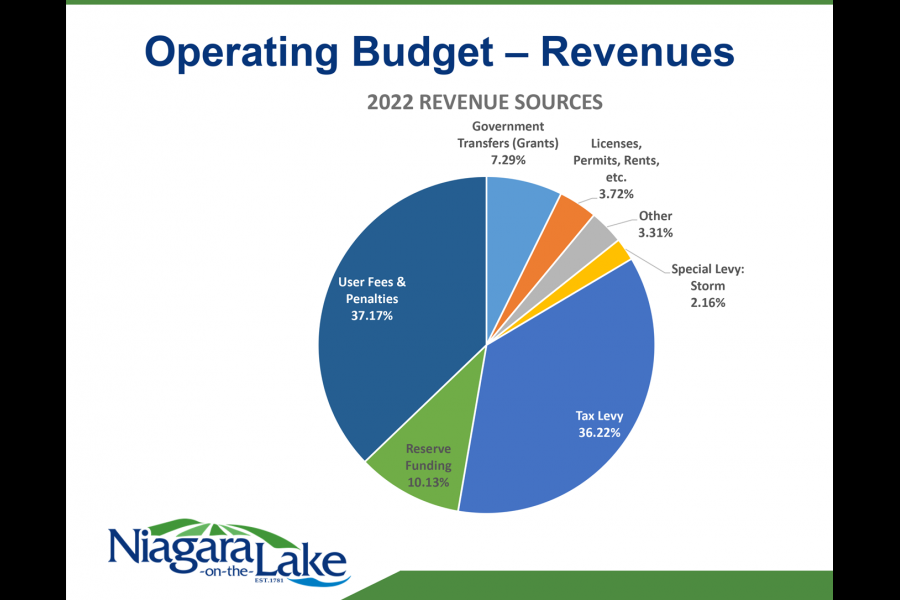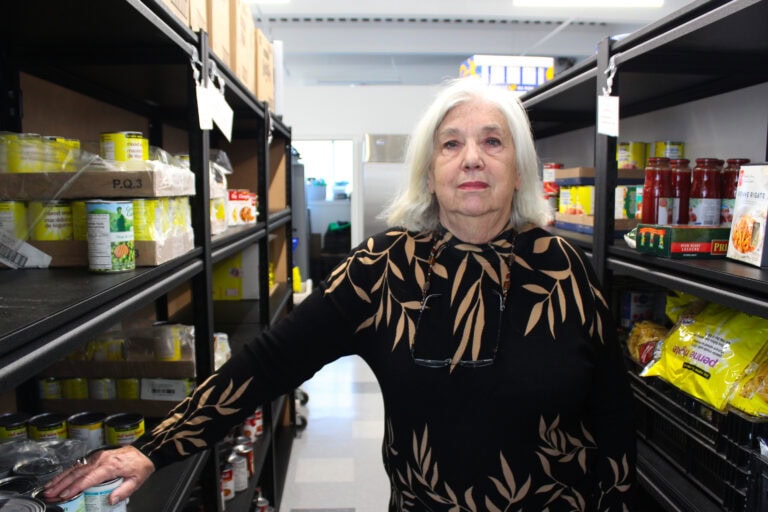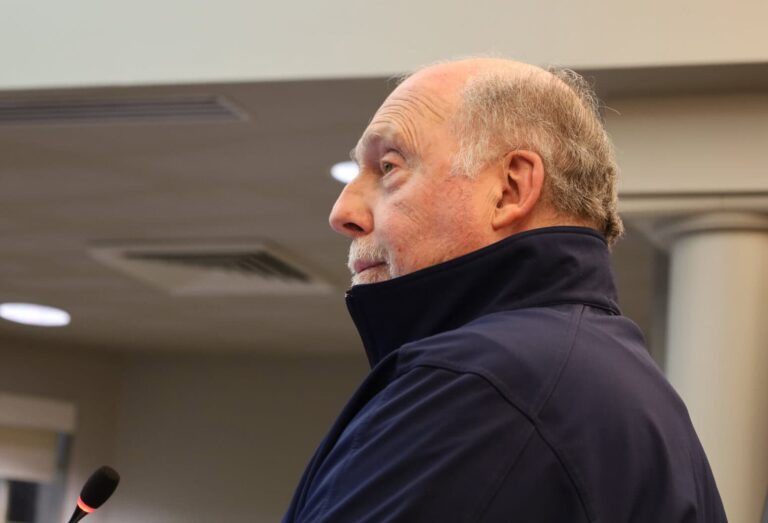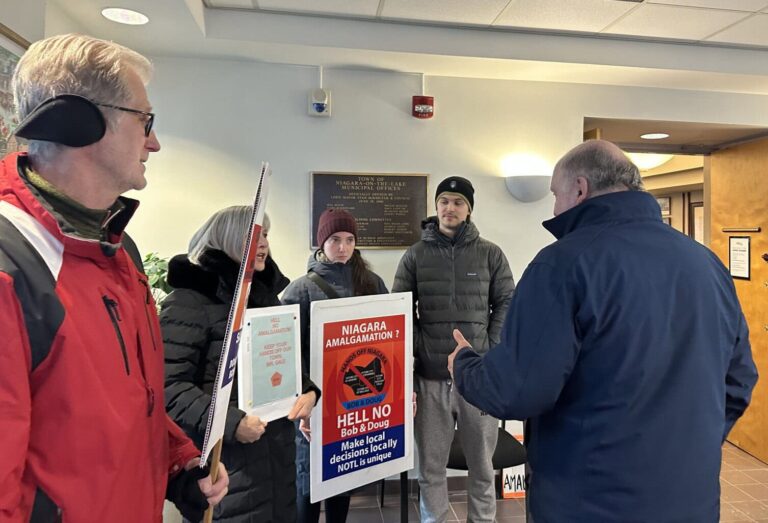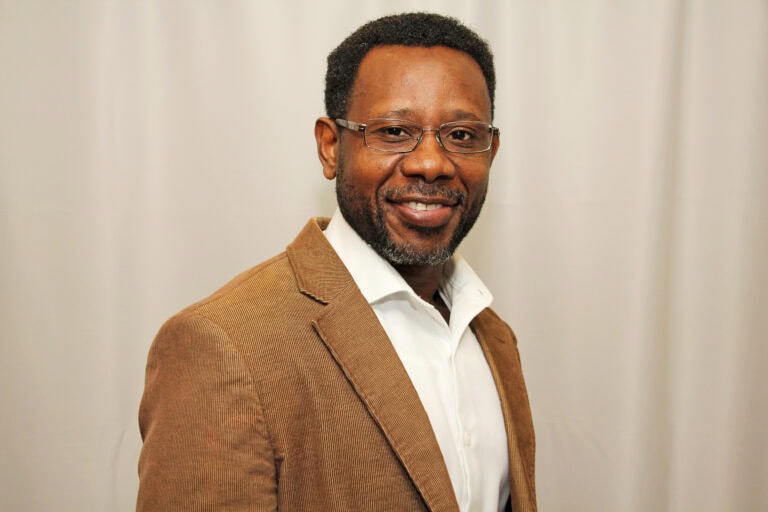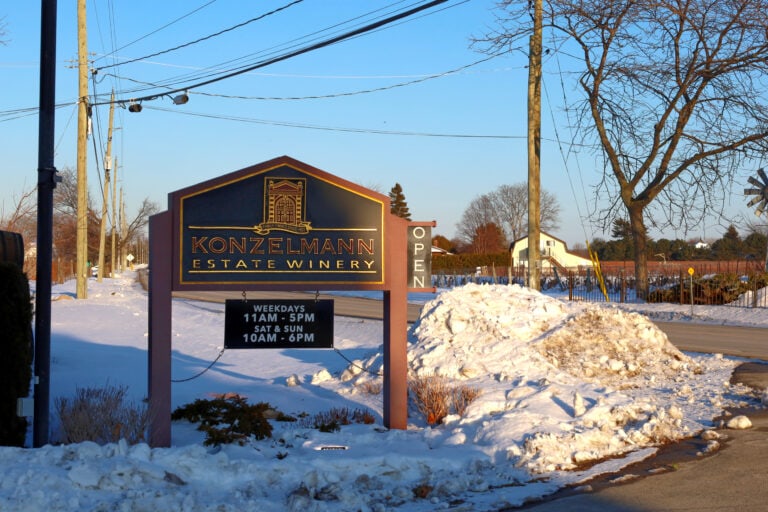Erwin Wiens criticizes council spending, prompts rebuttal from Disero
Niagara-on-the-Lake's 2022 operating budget will mean a 2.99 per cent general tax increase for property owners.
Owners of a home with an average assessment value of $536,960 will see an annual increase of $44.08 on their municipal taxes, the town said.
Urban residents will also see a significant increase in the special levy for stormwater management.
Spending in that category will jump to $879,443 from $456,998 in 2021, equating to a $53.17 increase on the average tax bill for a total of $97.25.
The large investment in stormwater management is a result of new legislation, treasurer Kyle Freeborn said.
“There is now legislative requirements to do regular clean-outs of infrastructure and provide more in-depth documentation (and) data collection that is subject to a compliance audit,” he said.
“The storm program has struggled in the past few years to remain a program that can cover all of its mandates.”
“With this investment, the town will be able to move forward with the cleaning and meeting new legislative requirements.”
The storm levy will remain an increased expense for the foreseeable future, Freeborn told councillors during a special council meeting to pass the budget on Monday.
Other key drivers of the budget were salaries for staff, insurance, legislative requirements and reduced revenue for the town due to the pandemic.
When budget discussions started last October, staff had originally proposed a more than 13 per cent increase in taxes. After specific directions from council to keep the budget between a 2 and 5 per cent increase, staff were able to shave off more than $1 million in spending.
The total operating budget is $40,158,178, up from $37,327,452 last year.
The town's budget was repeatedly called unsustainable and Coun. Allan Bisback referred to it as “maintenance budget 2.0.”
One of the key changes for easing taxes and making the budget more sustainable is the passing of the municipal accommodation tax, a new revenue tool for Niagara-on-the-Lake, Bisback said.
The so-called hotel tax is set to begin in July after being narrowly approved in a 5-4 vote.
Coun. Erwin Wiens was not entirely thrilled about having to direct staff to cut the operating budget. He was the only councillor to vote against the budget.
“We think it’s a victory that we went back to our operations and said, ‘Hey, we need you guys to cut more,’ ” Wiens told his fellow councillors.
“Now we’re in a situation where we can’t do the day-to-day operations.”
Bisback pushed back against that comment.
“No services have been cut, all the town services have been protected, which is great news for residents,” he said on Tuesday.
But that was only the first of several opportunities Wiens took to lambaste the budget and the work the current council has done for the past four years.
At one point during the meeting, he accused councillors of voting “against the tourism strategy.”
“Just a point of order because I’m getting a little bit annoyed when statements are being made by my colleagues. I’m not aware that this council voted against the tourism strategy,” Bisback said.
“We have the public listening to this and we’re sending mixed messages.”
Chief administrator Marnie Cluckie assured Bisback that councillors had never voted against the tourism strategy and it was moving forward as planned.
Wiens further claimed council had failed to “heed one warning” passed on by staff relating to the town falling behind in budgetary concerns and poorly prioritizing where money is spent.
“We don’t have a revenue problem, we have an expense problem and we’ve never addressed it. All it was is we went back to operations and said, ‘Spend less money,’ and that’s not the way to do it.”
“I’m leaving after four years and I’m leaving the next council to have to have a huge tax increase because we’re not sustainable.”
Wiens said council had been too lenient on spending due to the municipal election this fall. He also criticized the amount of legal fees allocated in the budget ($500,000) and the money spent on consultants. The town currently has 19 active studies as part of the budget.
“I feel bad (for the next council). I won’t be there to deal with it but I apologize to them in advance.”
On Wednesday, Wiens confirmed he has no plans to run for another term.
His speech did not sit well with Lord Mayor Betty Disero, who highlighted the struggles the town has faced throughout the COVID-19 pandemic.
“I’m sure we’re all living on the same planet because we’ve all had to deal with COVID and those issues.”
She also pushed back against Wiens' claims that the town is taking on unnecessary legal fees.
“When we arrived here three years ago no one ever anticipated that developers would be taking us to court and that we would have to react and defend the town from lawsuits,” Disero said.
“We have to respond to lawsuits or our town would be much worse off in terms of development and people taking advantage than we are today,” she said.
“I’m quite proud that all of us, or, most of us, have decided to defend our positions.”
“I think the successes that we’ve had in those lawsuits showed us that we did the right thing, defending our town. It costs money, yes, but it needed to be done,” Disero said.
She acknowledged people may be frustrated, “but governments are messy, democracy is messy and we’re moving forward the best we can.”
“I’m at least proud of the direction we are taking, not only with the budget but with this town. And if it meant we had to have some developers sue us and take us to court because they wanted what they wanted, I was proud to defend our town.”



